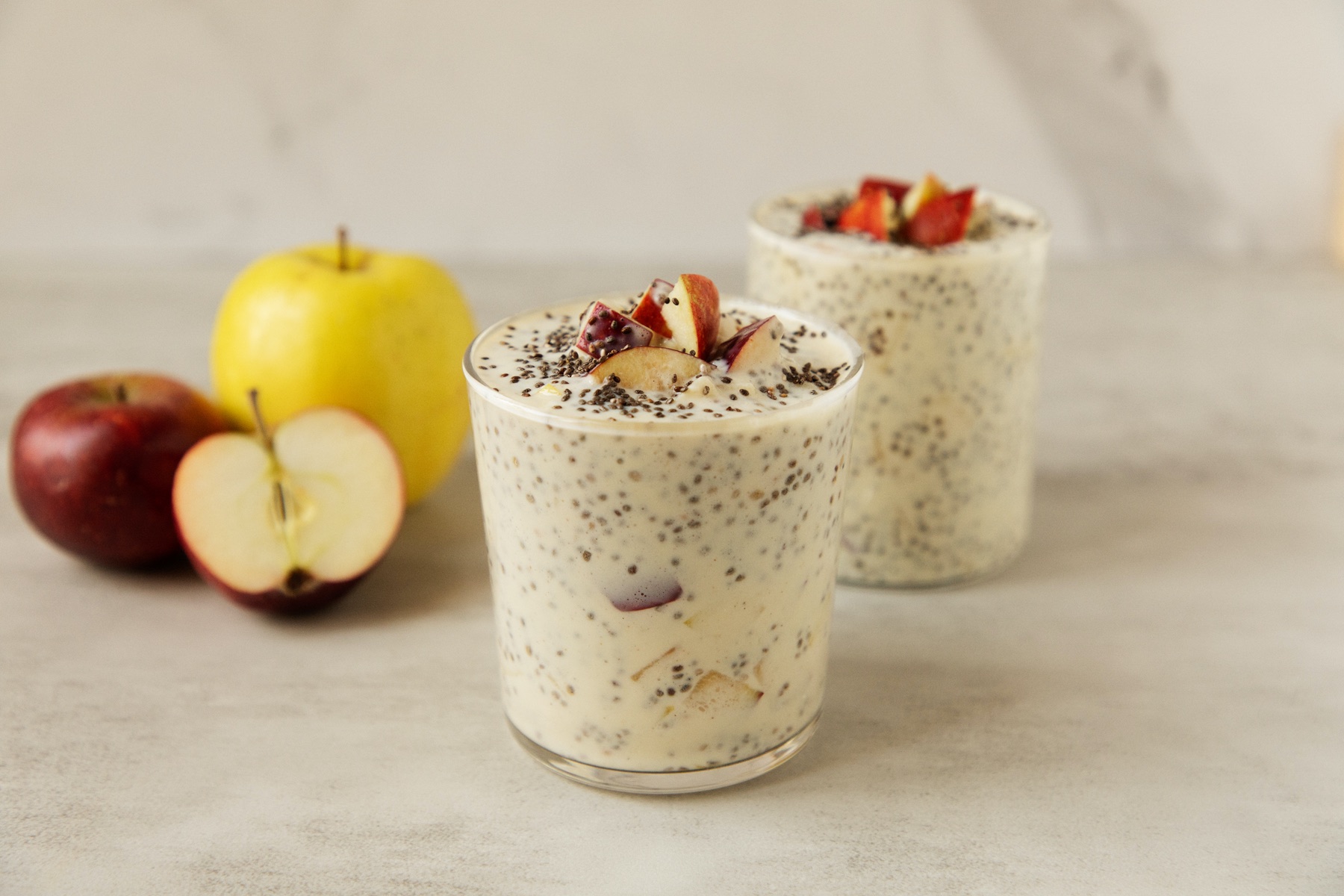
Hormones act like messengers, influencing everything from our metabolism to muscle mass. If these signals stop working as they should, can they negatively affect your weight loss efforts? Learn if hormone balancing diets are the key to your weight loss success or if they need more sound scientific evidence first.
What is a hormone imbalance?
Let’s start with what hormones are. Hormones are chemicals that are naturally produced in our body which act like messengers. They are made in one part of our body then travel to another to help control how our cells and organs work.
They can impact many different functions such as our growth and development, sexual function, mood, and metabolism which impacts our weight (1). They are powerful and even when they are a little bit shifted away from normal levels can result in a big change in our body.
Since hormones can impact our metabolism (or the rate at which we burn calories), hormone balancing has become a popular weight loss strategy. The idea behind this is that if our hormones are unbalanced, it may result in unplanned weight change, even if we stick to a specific number of calories.
Can you balance your hormones for weight loss?
Hormones are complex, and we need more scientific research on the topic to get more knowledge around the interactions between our hormones and certain nutrients and specific food items when it comes to losing weight. However, there are ways we can help support our body in hormonal balance as well as general ways to help support weight loss.
Boost gut health

We have an amazing community of bacteria that reside in our gut, some of which help our health. They impact our weight by driving our metabolism or how efficiently we burn calories. They also control the level of the hormone estrogen we have, which in excess may cause weight gain.
Unbalanced gut bacteria has also been associated with testosterone deficiency (2). Testosterone helps boost our metabolism and muscle mass. The more muscle mass burn more energy.
How to balance it
- Eat more fiber such as fruits, vegetables, whole grains, nuts and seeds. This helps feed the healthy bacteria and supports healthy digestion.
- Reduce alcohol consumption because it can damage our gut and decrease the number of healthy bacteria we have (3). Aim for no more than two drinks per day for men and one for women.
Include a daily probiotic food such as yogurt, kimchi, sauerkraut, pickles, kombucha, or kefir to increase the good bacteria.
Balance blood sugar

When we eat foods high in sugar or refined carbohydrates, we release more of the hormone insulin. Insulin’s job is to help bring fuel into our cells so it can be used as energy (4). If we pump out too much insulin overtime, our cells will no longer accept it. As a result our blood sugar stays elevated and can increase fat storage.
How to balance it
- Swap refined carbohydrates or processed foods (white bread, chips, cakes, fast food, microwave meals) for whole versions (whole grain bread, brown rice, legumes, fruits, vegetables).
- Focus on a healthy source of protein with meals and snacks.
- Plan ahead and eat regular meals to avoid sudden hunger crashes, as they tend to lead to overeating.
Manage stress

When we feel stressed, our bodies produce the hormone cortisol, also known as the stress hormone, in order to rapidly increase our energy levels to help us get out of a dangerous situation (picture having to run from a lion) (5). The problem is when we are chronically stressed, especially when we sit all day, it encourages our bodies to store the energy as fat. Plus stress can increase cravings for high fat and sugar foods (6).
How to balance it
- Eat healthy and balanced foods, including whole grains, healthy fats, and fruits and vegetables, such as with the Hormonal Balance meal plan in the Lifesum app (7).
- Practice stress management, such as meditation, and get good sleep.
- Learn more here: Nutrition, Sleep And Well-Being.
Hormone imbalance as a medical condition
There is a big difference between diets that promote weight loss by helping to manage hormones versus a true hormonal imbalance. Hormone imbalances are medical conditions that usually require the help of medication. If you think you may be struggling with a hormone imbalance, contact your physician or endocrine specialist.
7 references (hide)
All of the content and media on Lifesum is created and published for information purposes only. It is not intended to be used as a substitute for medical advice or treatment. Users should always consult with a doctor or other health care professional for medical advice. If you have or think you are at risk of developing an eating disorder, do not use the Lifesum app and seek immediate medical help.